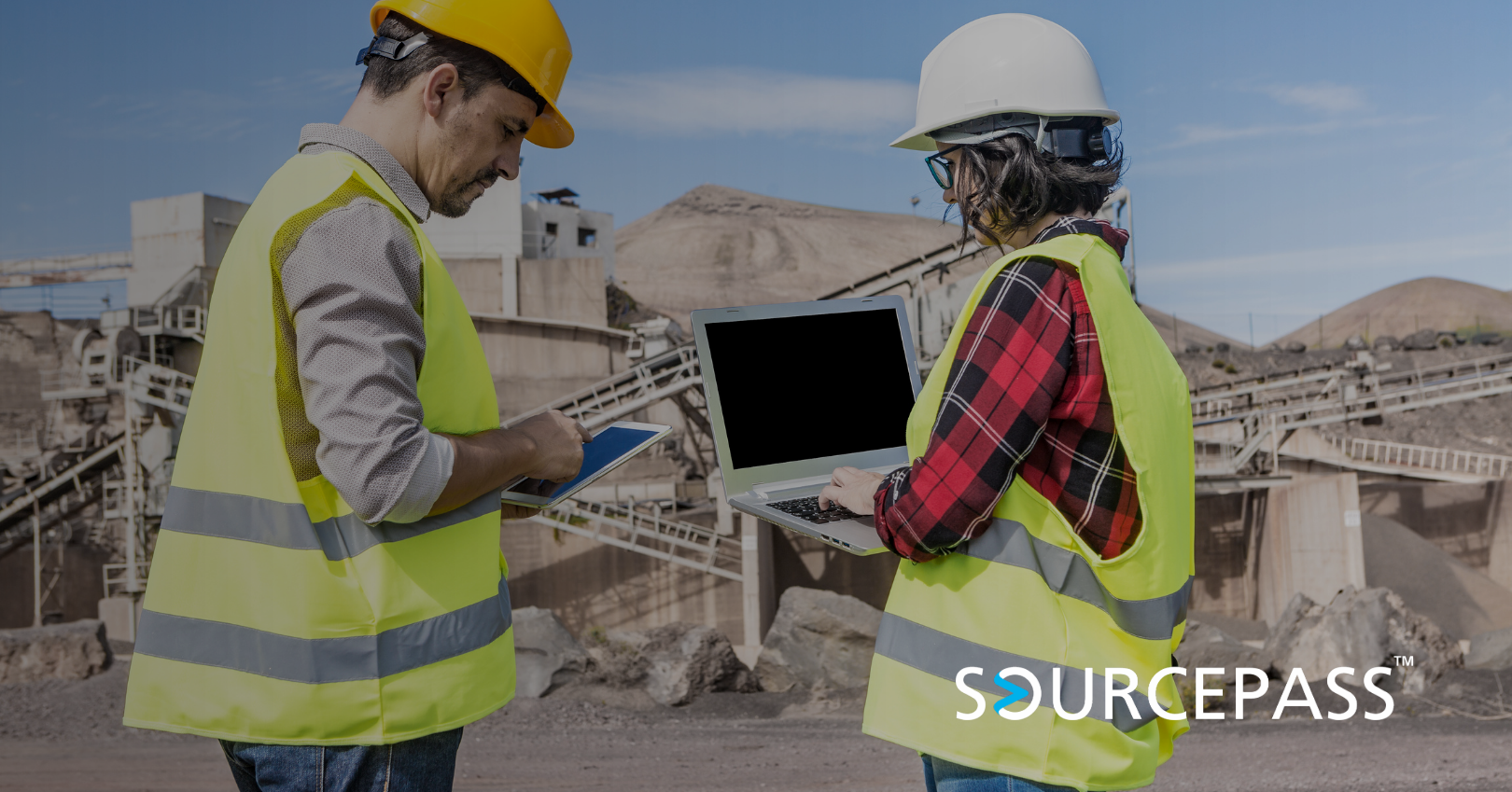Top IT Trends in Construction: Staying Ahead in a Tech-Driven Industry
Mar 20, 2025 Julia Nolan Blog Managed IT Services Construction 3 min read



The construction industry is undergoing a profound transformation, driven by cutting-edge technologies that are reshaping the way projects are planned, managed, and executed. From artificial intelligence (AI) to the Internet of Things (IoT), the industry is embracing a wave of innovation that promises to increase efficiency, enhance safety, and reduce costs.
Top Construction IT Trends in 2025
In this article, we explore the top IT trends that are currently shaping the construction industry and discuss how construction companies can stay ahead of the curve by adopting these technologies.
Trend 1: Artificial Intelligence (AI) & Machine Learning
Artificial intelligence (AI) and machine learning are revolutionizing the construction industry by improving decision-making, optimizing workflows, and increasing project efficiency. AI-powered tools are used for various purposes, including project scheduling, risk management, and predictive maintenance.
Applications of AI in Construction:
- Predictive Analytics: AI algorithms can analyze historical data to predict project delays, potential cost overruns, or safety hazards. This helps project managers take proactive measures to mitigate risks before they escalate.
- Automated Scheduling: AI can optimize construction schedules by considering a wide range of variables, such as resource availability, weather conditions, and team performance. This leads to more accurate timelines and better resource allocation.
- Quality Control: Machine learning algorithms can detect defects in construction work, such as cracks or material wear, by analyzing images and data from drones or cameras. This helps reduce rework and ensures higher-quality builds.
By implementing AI and machine learning, construction companies can streamline operations, improve decision-making, and reduce the likelihood of costly mistakes.
Trend 2: Internet of Things (IoT)
The Internet of Things (IoT) is transforming construction sites by connecting devices, machinery, and equipment to the internet, allowing for real-time data collection and monitoring. IoT enables construction companies to track everything from equipment performance to worker safety.
Key IoT Applications in Construction:
- Equipment Monitoring: IoT sensors embedded in construction machinery provide real-time data on usage, fuel consumption, and maintenance needs. This helps extend the lifespan of equipment, reduce downtime, and lower maintenance costs.
- Asset Tracking: IoT devices can be used to track construction materials and equipment across large job sites. This helps prevent theft, reduces the chances of lost assets, and ensures that resources are available when needed.
- Worker Safety: Wearable IoT devices, such as smart helmets or vests, can monitor workers' vital signs and detect hazardous conditions like exposure to high temperatures or harmful gases. This ensures a safer working environment and allows for quick responses to emergencies.
By leveraging IoT, construction companies can enhance operational efficiency, improve safety, and reduce costs related to equipment and asset management.

Trend 3: Robotics & Automation
Robotics and automation are gaining traction in the construction industry, offering solutions that improve productivity and reduce the risk of human error. Robots and automated systems are increasingly used for tasks like bricklaying, 3D printing, and site inspection.
Examples of Robotics in Construction:
- Bricklaying Robots: Robots like the Semi-Automated Mason (SAM) can lay bricks faster and more accurately than humans, speeding up the construction process and reducing labor costs.
- 3D Printing: 3D printers are being used to create complex building components, such as walls or structural elements, with high precision. This technology has the potential to reduce material waste and cut down construction time.
- Drones: Drones are used for aerial site inspections, providing a bird’s-eye view of the construction site. They can capture high-resolution images and videos that help detect issues early, improving project management and safety.
Robotics and automation technologies not only improve efficiency but also enhance safety by performing dangerous tasks that would otherwise require human labor.
Trend 4: Cloud Computing and Data Analytics
Cloud computing and data analytics are becoming increasingly important in construction, providing real-time access to project data and enabling advanced analytics to improve decision-making. Cloud-based project management software allows teams to collaborate and access documents, schedules, and budgets from anywhere.
How Cloud and Data Analytics Benefit Construction:
- Project Management: Cloud platforms provide construction teams with access to essential project data from any device. These tools help manage tasks, track progress, and ensure that projects stay on schedule.
- Data Analytics: Construction companies are increasingly using data analytics to optimize resource allocation, predict project outcomes, and identify areas for improvement. By analyzing historical data, companies can make more informed decisions that reduce costs and improve project timelines.
Cloud computing and data analytics empower construction companies to make smarter, data-driven decisions and stay agile in an ever-evolving industry.
Managed IT Services for Construction with Sourcepass
Improve efficiency, enhance safety, and reduce costs, all while staying competitive by adopting cutting-edge technologies.
Contact Sourcepass to speak with a Sourcepass Specialist to learn more!
